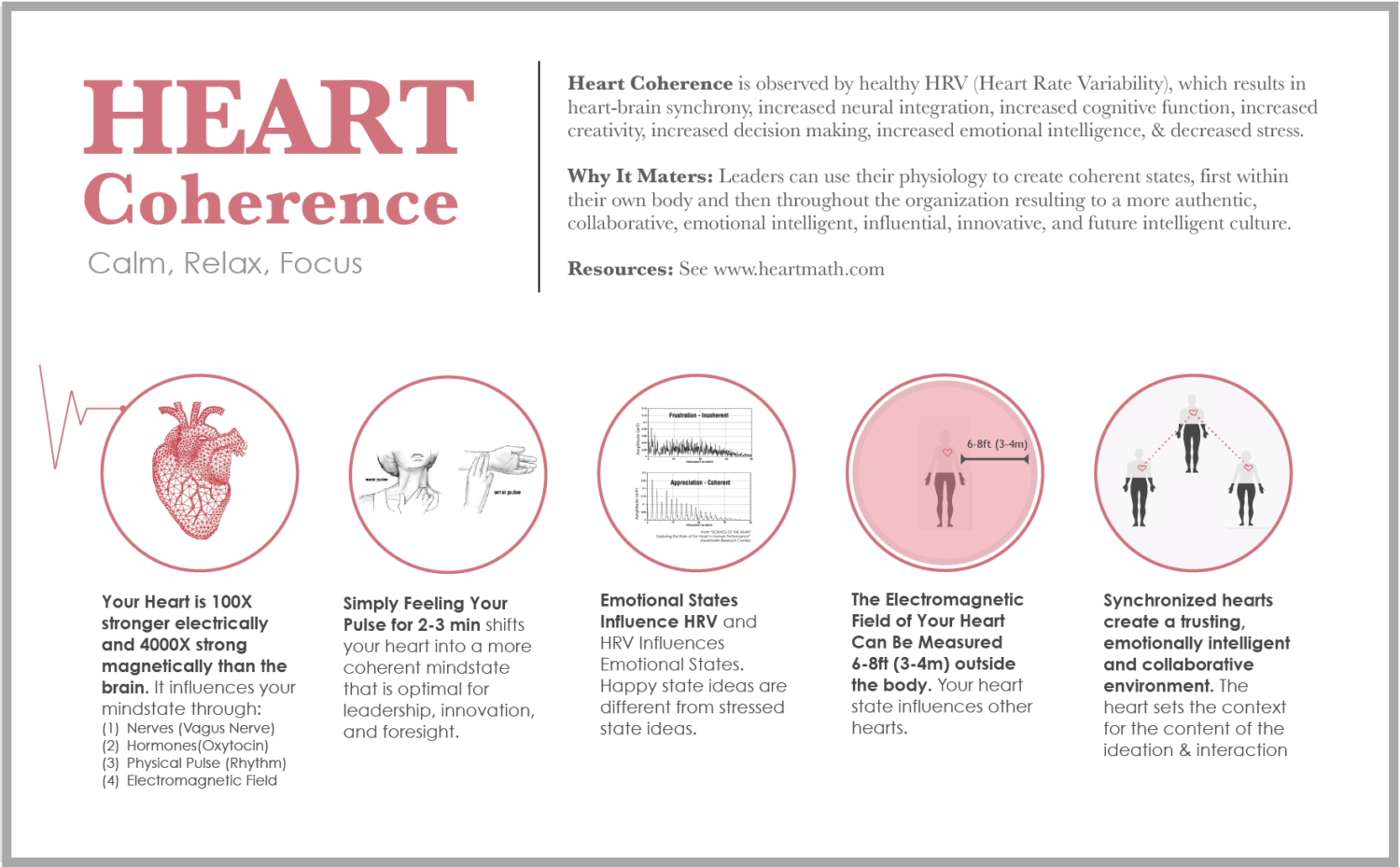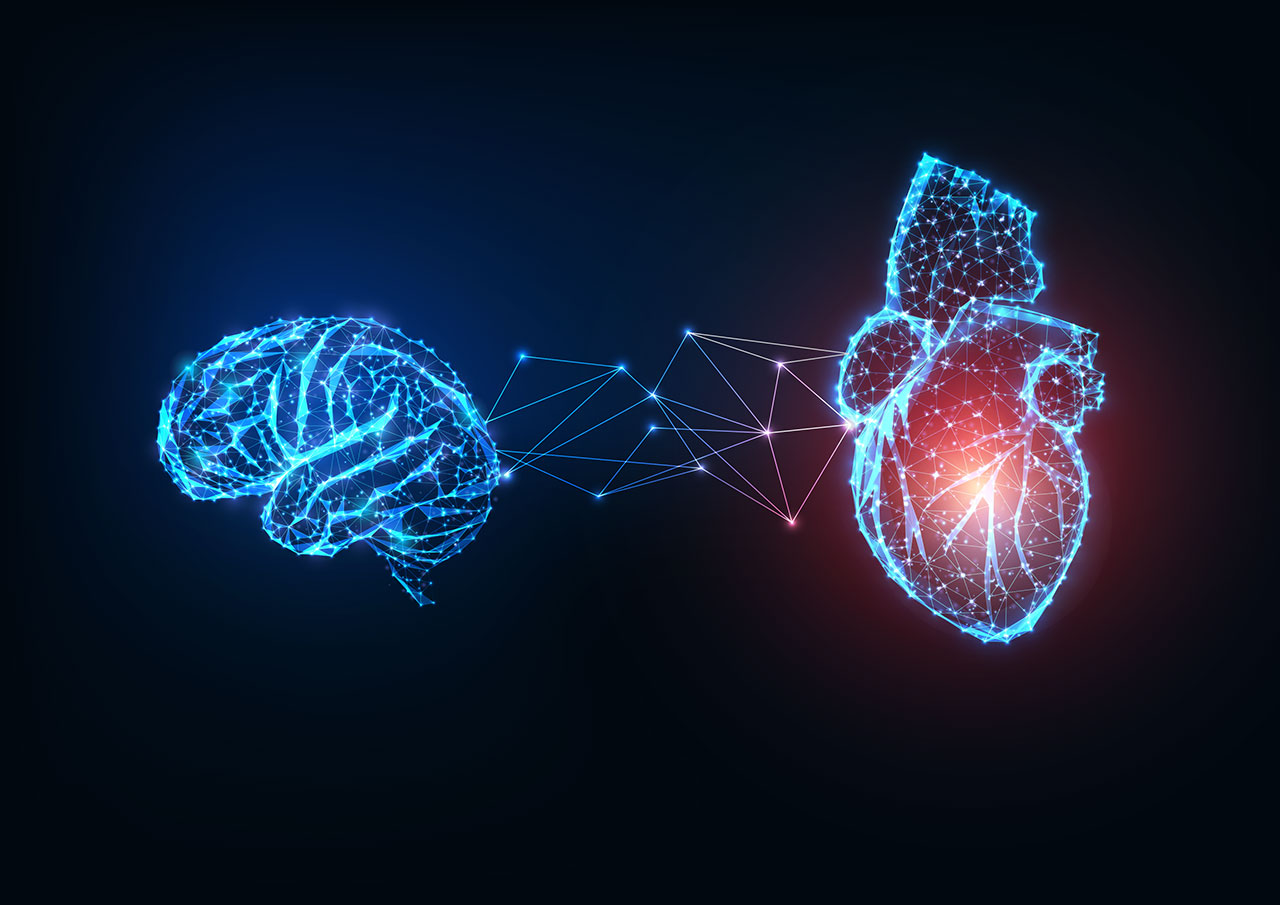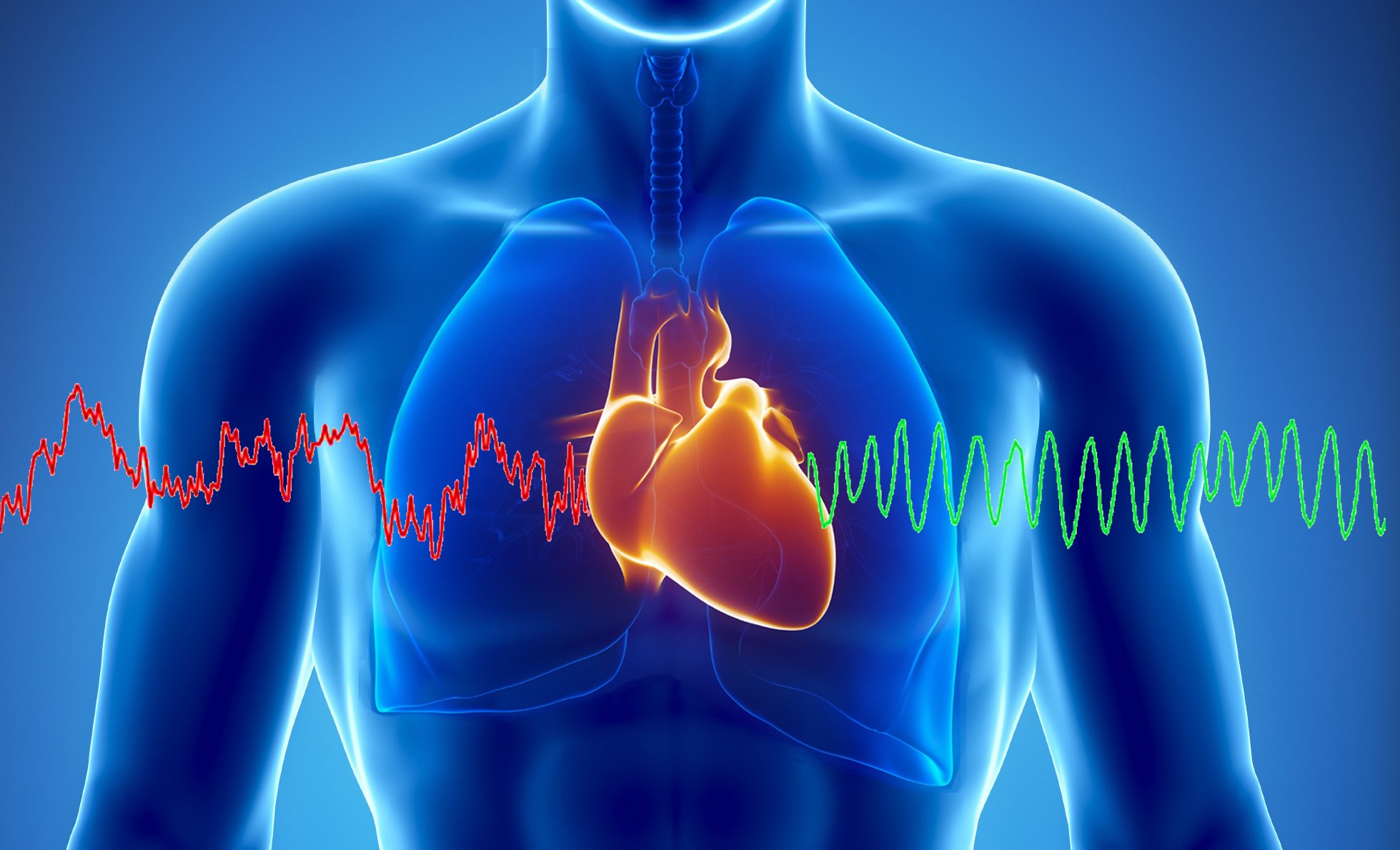
(This helps explain why we may often act impulsively and unwisely when we’re under stress.) The heart’s input to the brain during stressful or negative emotions also has a profound effect on the brain’s emotional processes-actually serving to reinforce the emotional experience of stress.

This limits our ability to think clearly, remember, learn, reason, and make effective decisions.

During stress and negative emotions, when the heart rhythm pattern is erratic and disordered, the corresponding pattern of neural signals traveling from the heart to the brain inhibits higher cognitive functions. HeartMath Institute research has demonstrated that different patterns of heart activity (which accompany different emotional states) have distinct effects on cognitive and emotional function. Scientists at the HeartMath Institute have extended this body of scientific research by looking at how larger-scale patterns of heart activity affect the brain’s functioning. Earlier research mainly examined the effects of heart activity occurring on a very short time scale – over several consecutive heartbeats at maximum. The effect of heart activity on brain function has been researched extensively over about the past 40 years. In other words, not only does the heart respond to the brain, but the brain continuously responds to the heart. However, it is not as commonly known that the heart actually sends more signals to the brain than the brain sends to the heart! Moreover, these heart signals have a significant effect on brain function – influencing emotional processing as well as higher cognitive faculties such as attention, perception, memory, and problem-solving. Most of us have been taught in school that the heart is constantly responding to “orders” sent by the brain in the form of neural signals.



 0 kommentar(er)
0 kommentar(er)
